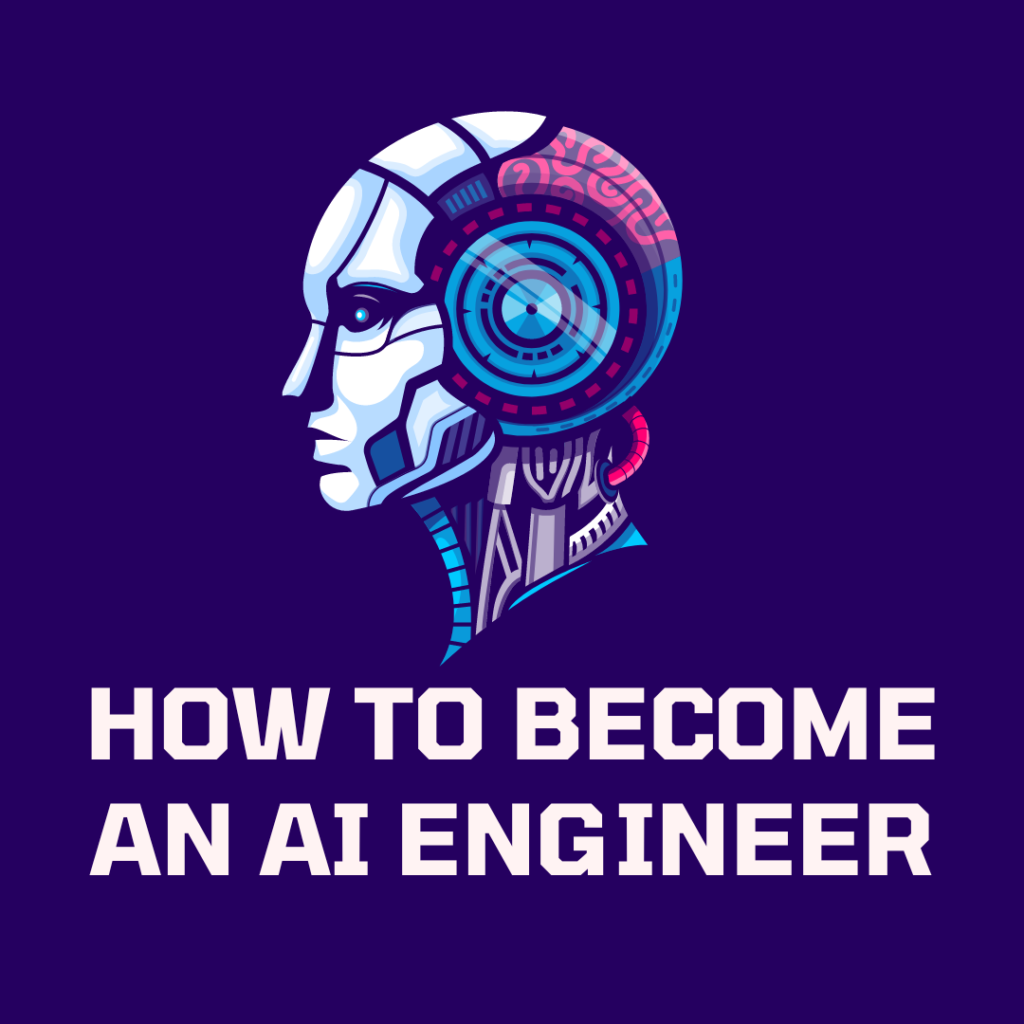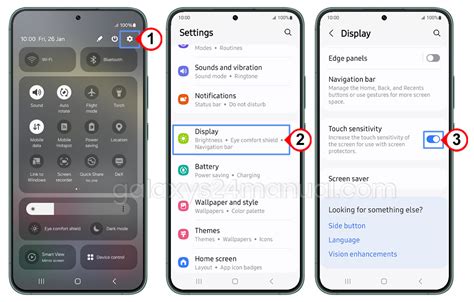Becoming an AI engineer is an exciting and rewarding journey that combines computer science, data analysis, and machine learning to create intelligent systems. This step-by-step guide will help you understand the path to becoming an AI engineer, covering the necessary education, skills, and practical experiences.
- Understand the Role of an AI Engineer
An AI engineer develops and implements artificial intelligence models and algorithms to solve real-world problems. They work on tasks such as natural language processing, computer vision, and predictive analytics. Key responsibilities include:
- Designing AI models: Creating algorithms that can learn and make decisions.
- Data processing: Collecting and preparing data for training models.
- Model training and evaluation: Teaching models to perform tasks and assessing their performance.
- Deployment: Integrating AI models into applications or systems.
- Acquire the Necessary Educational Background
- Bachelor’s Degree
Start with a bachelor’s degree in a relevant field such as:
- Computer Science
- Information Technology
- Data Science
- Mathematics or Statistics
These programs provide a strong foundation in programming, algorithms, and data structures.
- Master’s Degree (Optional but Beneficial)
Pursuing a master’s degree can deepen your knowledge in specialized areas like machine learning or robotics. Consider programs that offer hands-on projects and research opportunities.
- Develop Essential Technical Skills
Building a robust skill set is crucial. Focus on the following areas:
- Programming Languages: Proficiency in Python is essential due to its extensive use in AI development.
- Mathematics: Strong understanding of linear algebra, calculus, and probability.
- Machine Learning Frameworks: Familiarity with TensorFlow, PyTorch, or scikit-learn.
- Data Handling: Skills in data preprocessing, cleaning, and visualization.
- Software Development: Knowledge of version control systems like Git and understanding of APIs.
- Gain Practical Experience
Applying your knowledge through real-world projects is vital.
- Personal Projects: Build AI models to solve problems you’re passionate about.
- Open Source Contributions: Contribute to AI-related projects on platforms like GitHub.
- Internships: Seek internships that provide exposure to AI development and deployment.
- Build a Strong Portfolio
Showcase your skills and projects in a portfolio. Include:
- Project Descriptions: Outline the problem, your approach, and the results.
- Code Samples: Provide links to your code repositories.
- Visualizations: Include charts or graphs that illustrate your findings.
A well-organized portfolio demonstrates your capabilities to potential employers.
- Obtain Relevant Certifications
Certifications can validate your skills and enhance your resume. Consider:
- IBM AI Engineering Professional Certificate
- Google Professional Machine Learning Engineer
- Microsoft Certified: Azure AI Engineer Associate
These certifications cover various aspects of AI engineering and are recognized in the industry.
- Stay Updated with Industry Trends
AI is a rapidly evolving field. Keep learning by:
- Reading Research Papers: Stay informed about the latest advancements.
- Attending Conferences: Participate in events like NeurIPS or ICML.
- Joining Online Communities: Engage with professionals on platforms like LinkedIn or specialized forums.
- Apply for AI Engineering Positions
When you’re ready, start applying for roles such as:
- AI Engineer
- Machine Learning Engineer
- Data Scientist
Tailor your resume to highlight relevant skills and experiences. Prepare for interviews by practicing problem-solving and explaining your projects.
Conclusion
Becoming an AI engineer involves a combination of education, skill development, and practical experience. By following these steps, you can build a successful career in this dynamic and impactful field.





